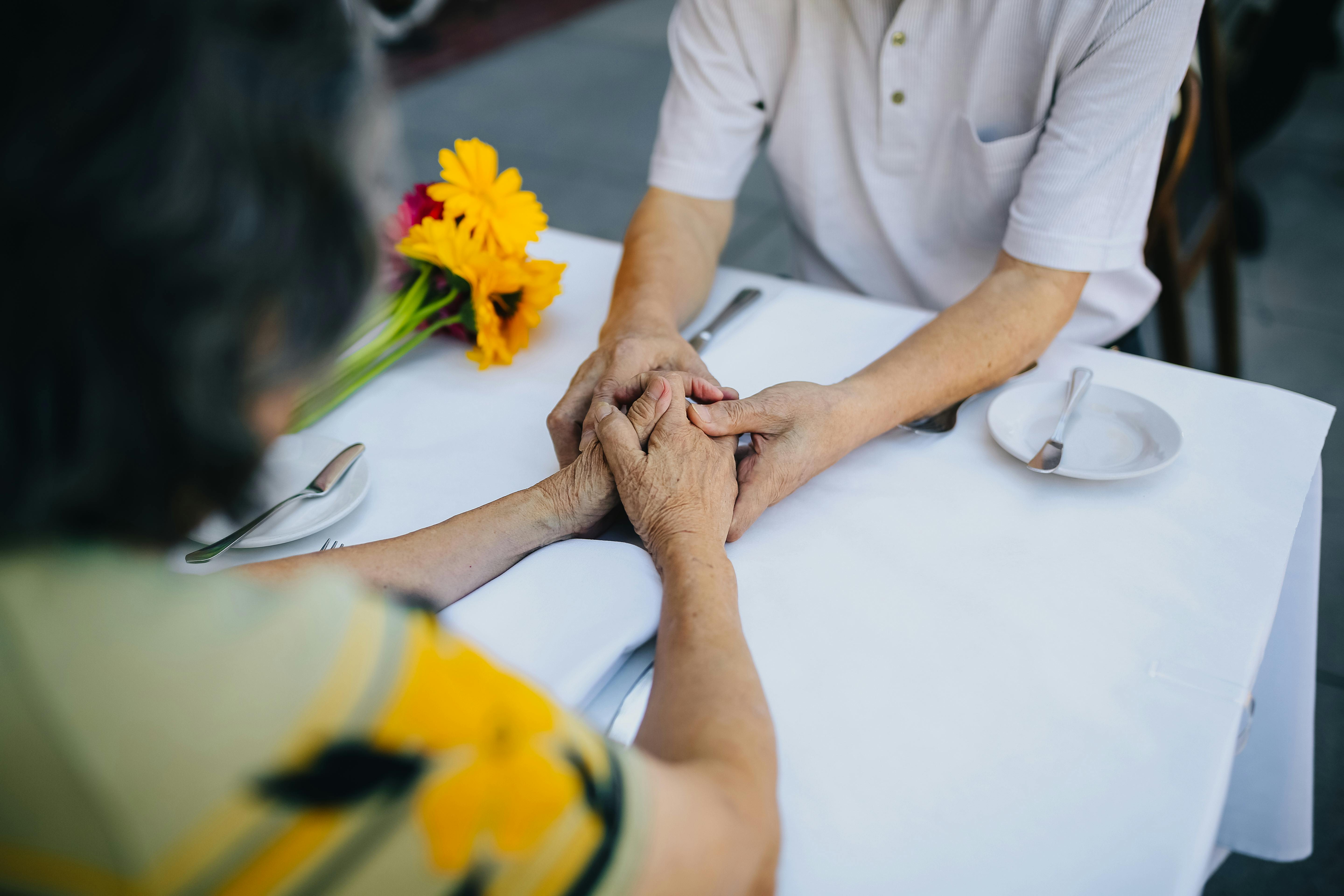Study Finds Joint Coping in Couples Living with Rheumatoid Arthritis Reduces Stress and Strengthens Relationships

An Australian study has provided new insights into how couples living with rheumatoid arthritis (RA) cope together, revealing that those who adopt joint coping strategies experience less psychological distress and enjoy healthier relationships. Published in *The Journal of Rheumatology*, this research is the first in Australia to explore ‘dyadic coping’—a process where couples work together in problem-solving, gather information as a unit, or share feelings of mutual commitment.
The Role of Dyadic Coping in Health and Relationships
Lead researcher Dr. Manasi Murthy Mittinty from Flinders University explains that dyadic coping, the shared way couples manage one partner’s illness, significantly influences both patient well-being and relationship quality. “Dyadic coping encourages a sense of unity, helping couples devise strategies together to handle stress and serving as a protective factor that reduces the risk of relationship breakdown,” she stated. This approach has particular relevance in the context of rheumatoid arthritis, an autoimmune disease that causes chronic pain, stiffness, and tissue damage, affecting 18 million people worldwide, including 456,000 Australians.
Though RA management has improved with biologic treatments, many patients still face considerable physical and mental challenges, with around 35% experiencing conditions like anxiety, depression, or mood disorders. Dr. Mittinty emphasized the impact of dyadic coping, noting that “supportive dyadic coping is linked to lower levels of depression, anxiety, and stress, as well as enhanced relationship quality, while negative coping behaviors can exacerbate psychological distress for both partners.”
Study Findings and the Importance of Partner Perspectives
The study surveyed 163 couples, incorporating both RA patients and their spouses, who completed assessments on their experiences of pain, coping, stress, and relationship satisfaction. The results highlight the mutual effects of RA on both partners and underscore the need to consider both perspectives in disease management.
Dr. Mittinty added that while traditional care focuses on alleviating patient distress, more recent research considers the broader impact of chronic illness on couples. “Our findings illustrate the reciprocal nature of coping in couples dealing with RA, suggesting that training in dyadic coping could be a valuable addition to treatment, potentially improving mental health and relationship quality for couples.”
Story Source:
Materials provided by Flinders University.. The original text of this story is licensed under a Creative Commons License. Note: Content may be edited for style and length.
Journal Reference:
- Manasi M. Mittinty, Murthy N. Mittinty, Rachelle Buchbinder, Marissa Lassere, Vibhasha Chand, Samuel Whittle, Lyn March, Catherine Hill. Interpersonal Process of Dyadic Coping in Rheumatoid Arthritis: A Perspective From the Australian Rheumatology Association Database. The Journal of Rheumatology, 2024; 51 (9): 862 DOI: 10.3899/jrheum.2023-0664

0 Comments